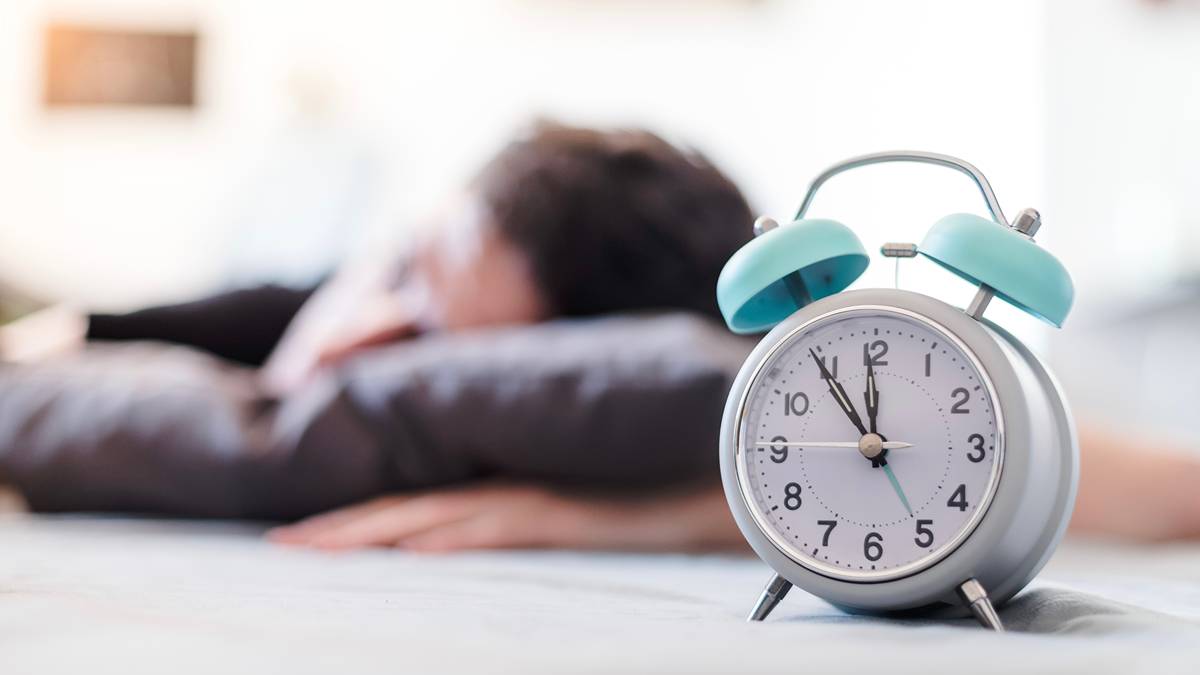How to beat daylight savings fatigue

Pic via Getty Images
Next weekend, another six months of daylight savings will come to a conclusion. Here’s what an expert recommends as we all prepare our watches, clocks and sleep schedules for the shift.
Words by Mia Erickson at bodyandsoul.com.au
If you’re based in Queensland, the Northern Territory or Western Australia, your clocks, watches and phones can all rest easy this weekend.
While the shift will mean slightly lighter mornings for the early risers, we’ll all experience shorter stretches of daylight after work – until the winter darkness settles in for good.
And though the winding back of clocks this weekend will give most states an extra hour of sleep, any change as significant as this is sure to leave us all feeling out of whack for a few days.
How can we avoid messing up our sleep routine?
As Moira Junge, CEO of The Sleep Health Foundation explains, this coming shift is far less detrimental to our sleep schedules than the commencement of daylight savings in October.
“My main advice would be to not really overthink it,” she says. “Most people are grateful for the extra hour of sleep, and there’s not much to prepare for.”
If an extra hour of sleep is enough to rock your routine, Junge recommends slightly adjusting your bedtime on Saturday night to coincide with your refreshed Sunday wake-up alarm. Otherwise, Junge says it’s best to stick to your usual bedtime and listen to your body’s natural cues.
Sunday sleep-in vs. seizing the day
The most noticeable effect of Sunday’s shifted clocks will be the extra light in the mornings, something Junge and the experts at the sleep foundation recommend we make the most of.
This article first appeared in Body+Soul.
Related Topics

UNLOCK INSIGHTS
Discover the untold stories of emerging ASX stocks.
Daily news and expert analysis, it's free to subscribe.
By proceeding, you confirm you understand that we handle personal information in accordance with our Privacy Policy.








